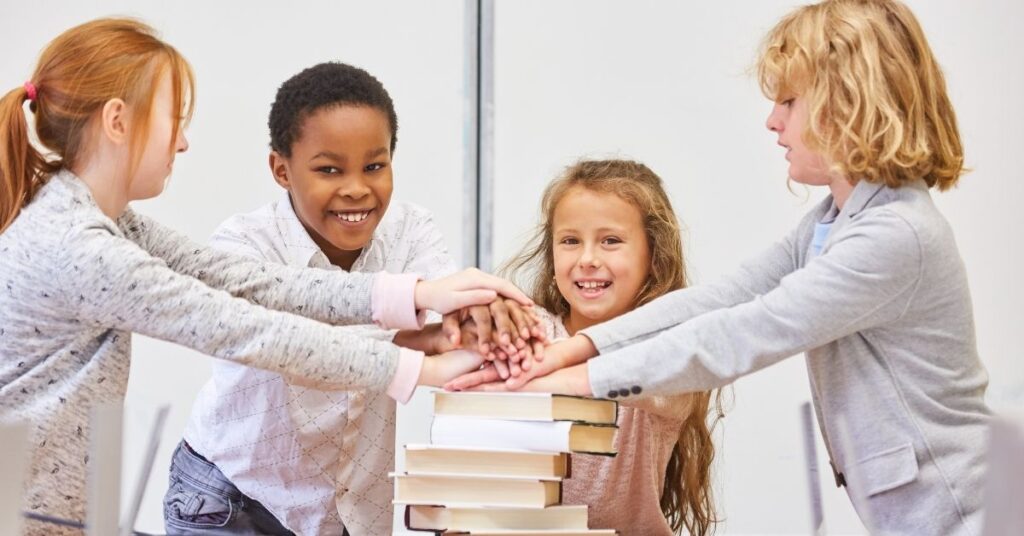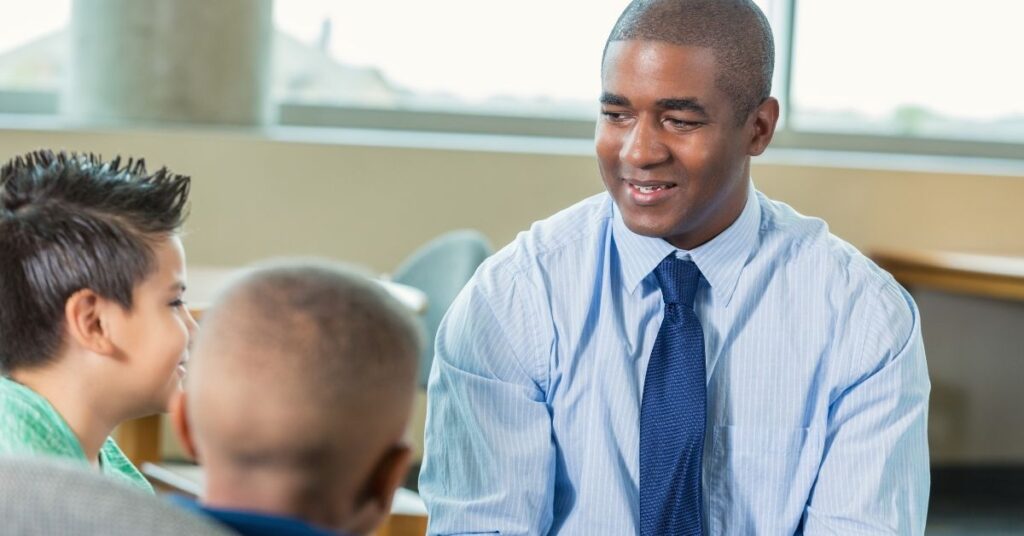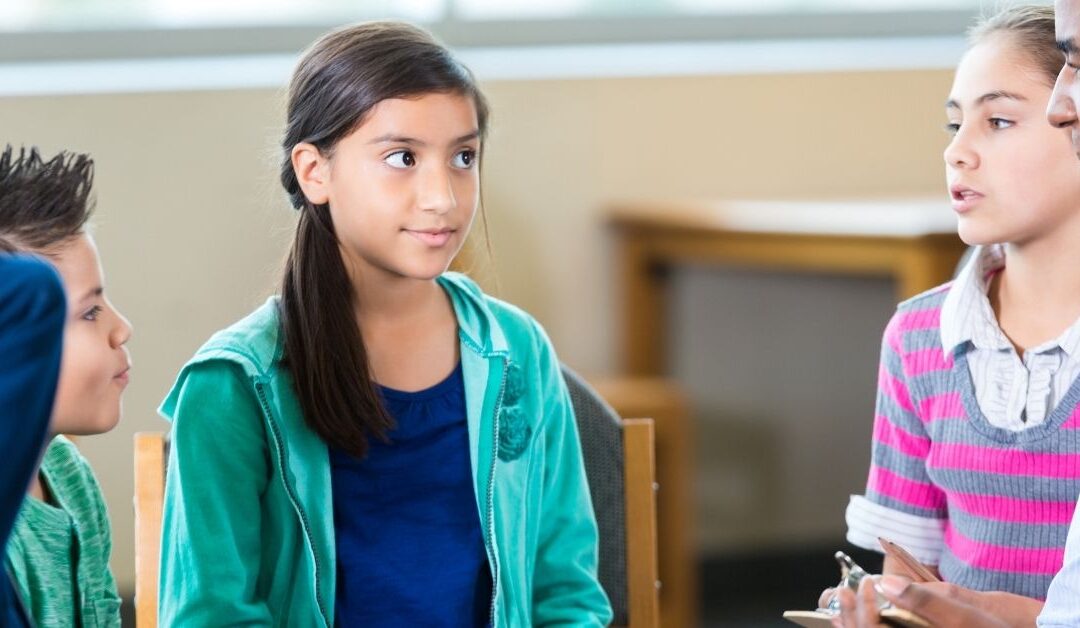Being able to interact appropriately with others in different situations is so important for all people. Yet, those who have autism usually struggle with social situations. Many autistic children lack social skills and need training to help them improve these vital skills for life. A Social skills group can be one way to help your child with autism and ADHD improve this critical capability.
Importance of teaching social skills to children with autism
The American Psychological Association defines social skills as “a set of learned abilities that enable an individual to interact competently and appropriately in a given social context. The most commonly identified social skills in Western cultures include assertiveness, coping, communication and friendship-making skills, interpersonal problem solving, and the ability to regulate one’s cognitions, feelings, and behavior.”
Proper social skills are so important. They help with getting along with others, developing good relationships and doing well in school or on the job.
Our son J has struggled most with social skills. Thankfully, with social skills training through speech therapy at school and working with his cognitive therapist, he has improved greatly over the years. Because the social skills rules change with different seasons of life, he still struggles to adapt when these changes occur. However, he gets better at it as he grows older.
What are social skills groups?

Social skills groups are made up of usually two to eight peers of similar age (for children and teens) or season of life or situations (for adults). The group is led by a therapist, psychologist, teacher or someone else who is trained to teach social skills.
The leader generally uses curriculum to help the members of the group learn or improve their social skills. This could include better understanding body language, facial expressions, conversation starters, anger management and more. Then the group practices what they’ve learned in a safe environment with the leader providing feedback and teaching during the process.
When J was seven years old, he participated in a social skills group that his therapist established. It was a wonderful experience for him, and he made some friends. The group included four boys, and they all were around the same age and skill level. His group met for several weeks, but we parents continued to get three of them together for social outings after it for quite a while. In fact, it is years later, and I still keep in touch with the grandmother and mother of one of the boys. It was a great experience for J, and I’m so glad he participated. He learned a lot from the group.
How can a social skills group benefit your child with autism?
Social skills groups offer many benefits to autistic children. They can include:
- Being accepted immediately by the other children in their group.
- Feeling a sense of belonging to the group.
- Developing skills that will help them throughout their lifetime.
- Improving their problem-solving abilities.
What makes an effective social skills group?

How do you know if a social skills group is a good one? Before signing your child up for a social skills group, talk to the leader to ensure the curriculum they are using will:
- Provide the group with structure.
- Break down social ideas and concepts into practical learning.
- Encourage cooperation and participation by all the group members.
- Provide a variety of ways to learn social skills.
- Boost self-confidence and self-awareness.
- Provide ample opportunity during each session for the children to practice what they’ve learned and obtain feedback.
How can I find a social skills group for my child with autism and ADHD?
Now that you are considering a social skills group for your child with autism and ADHD, how do you find one? Here are some suggestions.
- Ask your child’s speech therapist or special education director at their school if they are planning a social skills group or know of any in your area. They may be able to refer you to one.
- Inquire about social skills groups with your child’s therapist. This is how our son J participated in his group. She had enough patients who were interested in a group and seemed like they would fit well together, so she formed a group herself.
- Contact your local Easterseals organization to see if they are offering any social skills groups or can recommend therapists in your area that offer these groups.
- Call your local autism organization to see if they know of any therapists in your area that offer social skills groups. If you aren’t aware of autism organization in your area, start by contacting your local Arc. They may be able to refer you.
Has your child with autism and ADHD participated in a social skills group? How did it benefit them? Leave a comment below to share and encourage each other.







